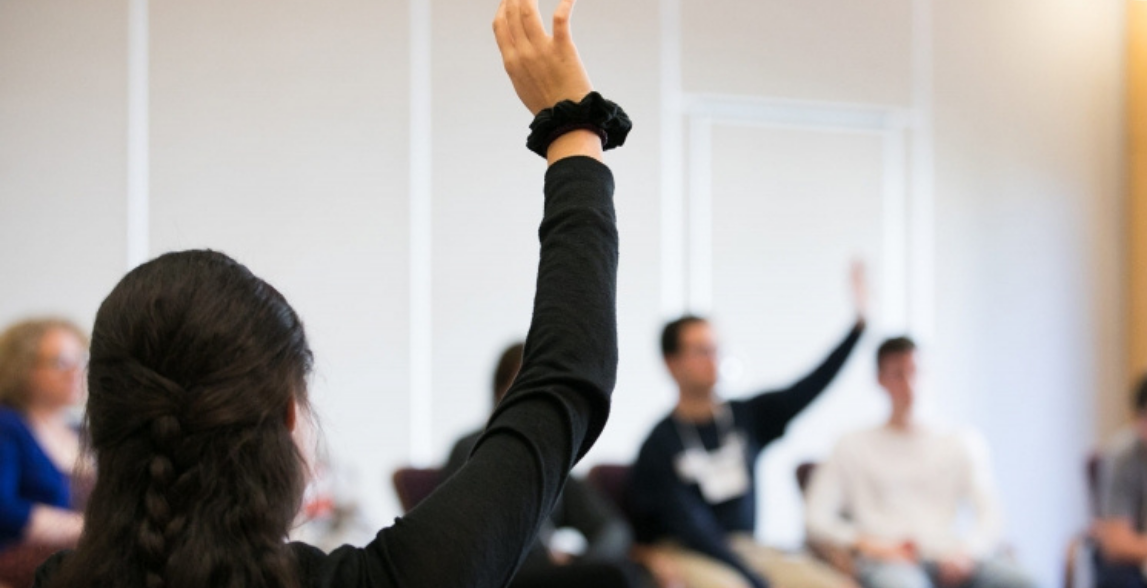Bridging the Great Divide: What Politicians could Learn from Teen Philanthropists
By: Alana Hollander
In a world where bipartisan cooperation seems as common as traif with wings, perhaps our governance would be wise to observe the conversations teen philanthropists are having with one another. In doing so, politicians may just figure out how to reintroduce civil discourse back into our country.
Earlier this year, the political discord was so extreme that the United States government shutdown for the first time in 5 years. No matter your political affiliation, I think it is safe to say that we all want our representatives to move forward with their work and find a way to move past these continued stalemates.
Part of what is so challenging about our democratic structure is that decisions on policy and law are made using majority rule voting. According to Seeds for Change, a nonprofit organization that dedicates their time to fostering group cooperation, “Voting creates a majority and a minority – a situation in which there are winners and losers. If most people support an idea then it will be voted in, and the concerns of the people who opposed it can be ignored. This situation can foster conflict and distrust as the ‘losers’ feel disempowered by the process.” While voting is a fundamental construct of our democracy, in order to bridge the divide, politicians should be working harder to create conditions for consensus.
In Jewish teen philanthropy, teen philanthropists make big decisions about how they can create a collective impact. Together as a group, they identify common goals and craft a mission statement in order to focus their grantmaking. This entire process is guided by consensus, which is no easy feat! If we take a moment to really think about what that means, in order to reach a mutual agreement, every person in the room must have a voice, and anyone who is present is seen as an equal valued contributor. While voting is quicker and in some ways is easier, teen philanthropists are committed to making decisions informed by their entire group instead of a majority.
